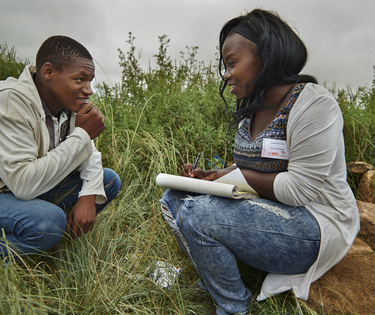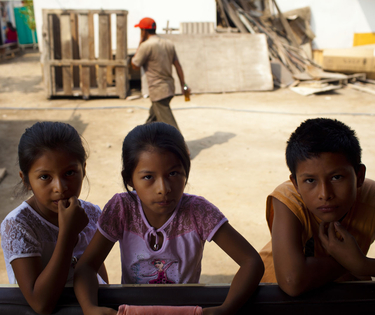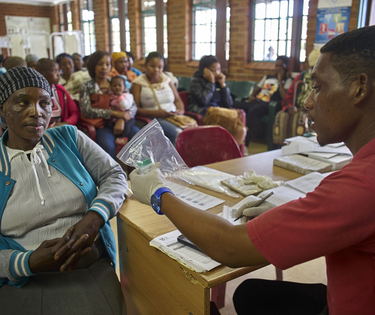The UN Political Declaration on TB calls for transforming the TB response to be rights based. The promotion and protection of the human rights of people affected by TB is a legal, ethical and moral imperative, and is of crucial importance if the response to the epidemic is to be effective in bringing relief to affected individuals and communities.
It is central to the goal of ending TB to empower communities by promoting their rights to health, non-discrimination, privacy, freedom of movement, and enjoyment of the benefits of scientific progress. Understanding and addressing human rights and gender barriers that people face in accessing TB care, information, and services, is critical, yet many individuals and communities affected by TB are unaware of policies that exist to protect them, and may not know how to put such policies into place.
The Stop TB Partnership aims to ensure that the response to TB is unbiased and access to quality TB services is universal. Activities that integrate community, rights and gender (CRG) principles are key to removing the barriers underserved and vulnerable populations may face and increasing their access to quality TB services.
A gender-based approach to TB, for example, addresses the social, legal, cultural and biological issues that underpin gender inequality and lead to poor health outcomes. By improving people’s awareness of their human rights and addressing the systemic barriers preventing them from accessing care, we will be able to find more people with TB, especially in hard-to-reach areas.




